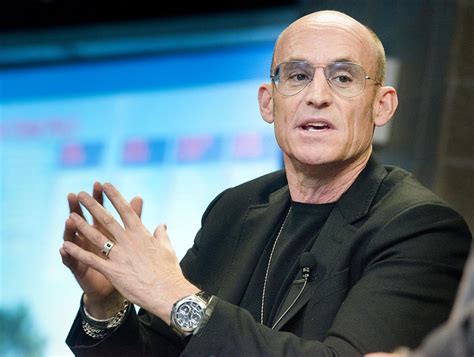A Quote by Brian Krzanich
I used to build my own PCs... and actually had one of the first water-cooled, overclocked PCs around. I ran it at over 4Ghz, and this was back in 2001... but alas, I do not have the time for that fun anymore.
Related Quotes
I don't believe that the economy has changed people's thinking politically in Alberta. However, obviously we elected a brand new government for the first time, some people say, in 44 years. It's actually the first time in over 70 years, because the previous government, prior to the PCs, was really just PCs with a different name. And I think what that did, it doesn't suddenly mean that Tom Mulcair is going to win a whack of seats here in Alberta, but I think it did open Albertans' eyes to the fact that, you know, something different is possible and we can do something different.
If you look back over the history of computing, it started as mainframes or terminals. As PCs or work stations became prevalent, computing moved to the edge, and we had applications that took advantage of edge computing and the CPU and processing power at the edge. Cloud computing brought things back to the center.
I'm excited about mobile; clearly that's important. Mobile devices are kind of at the opposite end of PCs, in that PCs are pretty open and you can do a fair amount with them, but many mobile devices aren't. We're excited at the idea that we can make the same kind of contribution in the mobile space. So that's one thing coming down the pike.
































